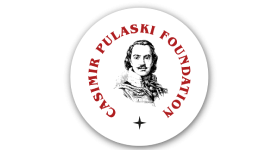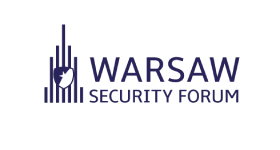Weimar Triangle: Europe’s New Engine
Submit a question
The ongoing Russian invasion of Ukraine as well as broader concerns on the future European security have raised the need for closer cooperation among the three EU nations of France, Germany, and Poland. The meeting of French President Emmanuel Macron, German Chancellor Olaf Scholz and Polish Prime Minister Donald Tusk on March 15, 2024 revitalized a dormant alliance—the Weimar Triangle. The countries’ leaders have committed to work much more closely together on Ukraine, Europe’s security, and the transatlantic relationship. Will the revival of this cooperation format give Europe’s engine—which has stalled in recent months over disagreements between Macron and Scholz—the leadership it sorely needs and what is its vision for Europe’s future trajectory?
Join us for a unique conversation with parliamentary leaders from each of the Weimar Triangle countries—for their first visit to the US in this newly revitalized format: Paweł Kowal, Chair of the Foreign Affairs Committee, Sejm of the Republic of Poland; Natalia Pouzyreff, Member of the National Assembly, Committee of the Defense and Armed Forces, France, and Norbert Röttgen, Member of Bundestag, Chair of the Foreign Affairs Committee (2014-2019). The discussion will be moderated by Global Europe Program Director, Robin Quinville. Introductory remarks by Katarzyna Pisarska, Chairwoman of the Casimir Pulaski Foundation Council and Chair of Warsaw Security Forum.
Speakers
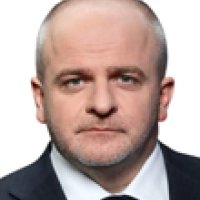
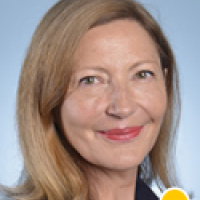
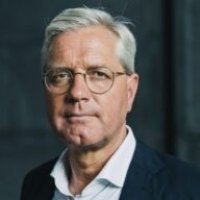
Introduction
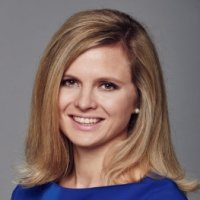
Moderator
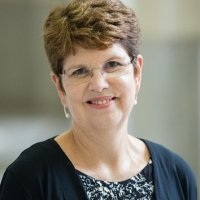
Hosted By

Global Europe Program
The Global Europe Program is focused on Europe’s capabilities, and how it engages on critical global issues. We investigate European approaches to critical global issues. We examine Europe’s relations with Russia and Eurasia, China and the Indo-Pacific, the Middle East and Africa. Our initiatives include “Ukraine in Europe”—an examination of what it will take to make Ukraine’s European future a reality. But we also examine the role of NATO, the European Union and the OSCE, Europe’s energy security, transatlantic trade disputes, and challenges to democracy. The Global Europe Program’s staff, scholars-in-residence, and Global Fellows participate in seminars, policy study groups, and international conferences to provide analytical recommendations to policy makers and the media. Read more

